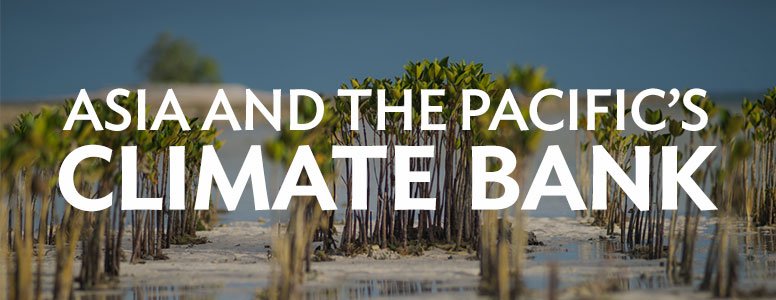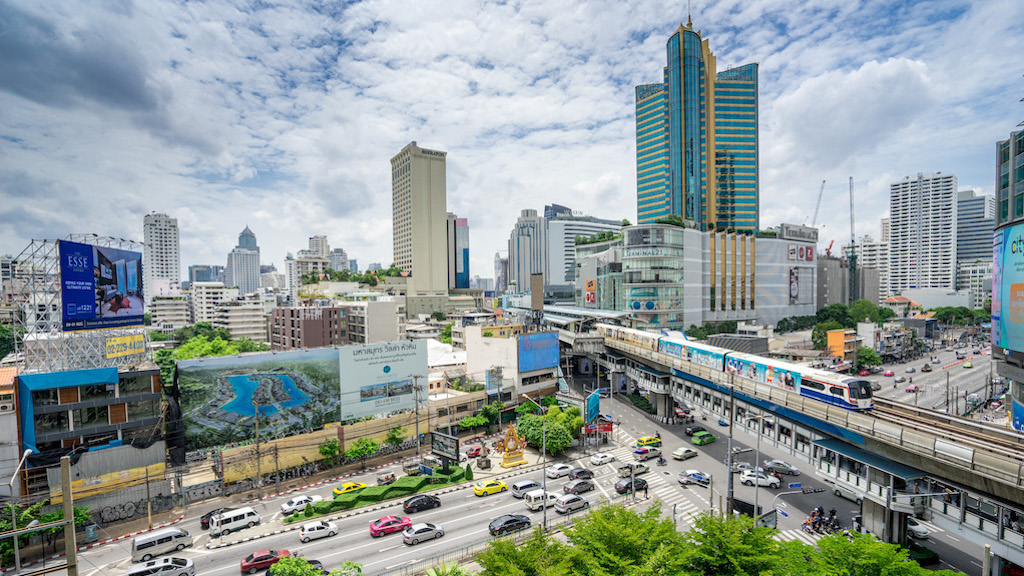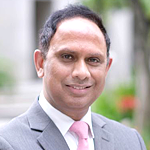- Jump to:
- What ADB Is Doing
- What ADB Has Done
- What's New
-
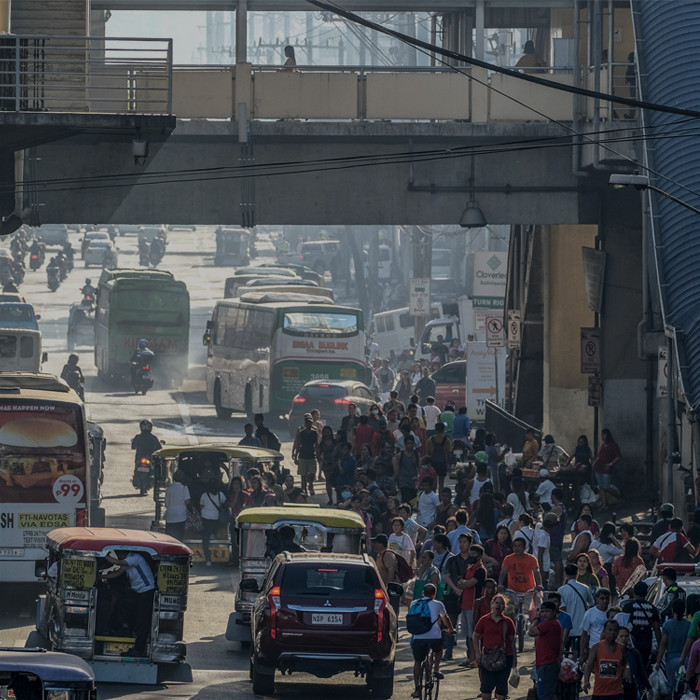
Asia-Pacific cities face challenges to provide adequate infrastructure and services to its growing population, while also being engines for economic growth.
-
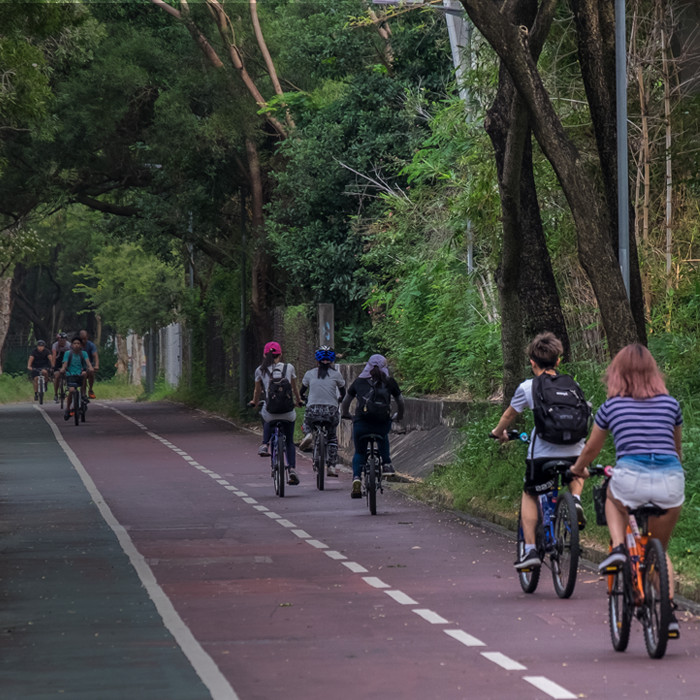
Cities need enhanced capacities of urban planning, municipal finance, technologies, and governance and private sector engagement to provide integrated solutions.
-
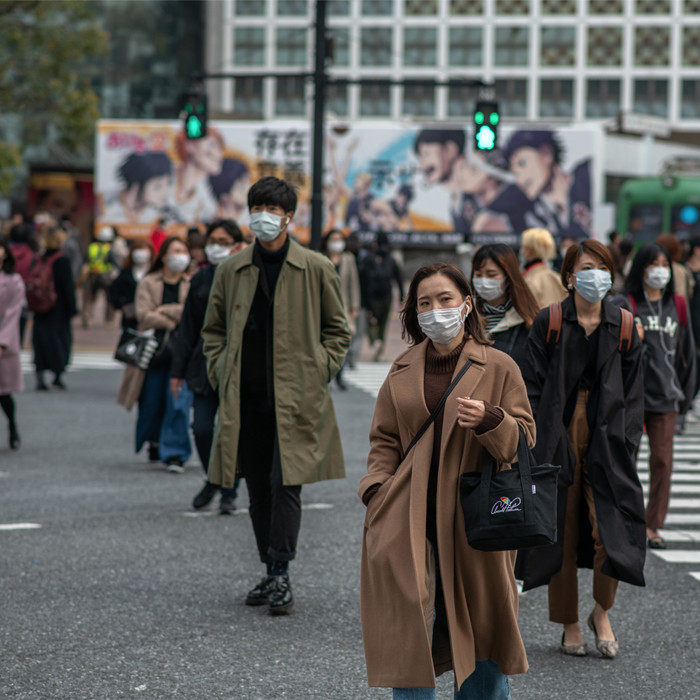
Cities need to build resilience to address the risks associated with disasters, climate change, environmental issues, and shocks and stresses like the COVID-19 pandemic.
-
Urban population
living in slums, 2018Asia has the world’s largest share of the urban population living in slums and the highest projected growth rate for urban slums.
-
Commitments supporting urban
climate resilienceIn 2021, at least $200 million helped mitigate urban climate resilience in Asia and the Pacific.
-
Urban projects supporting gender
mainstreaming in cities80% of urban projects aim to support gender mainstreaming in the region.

